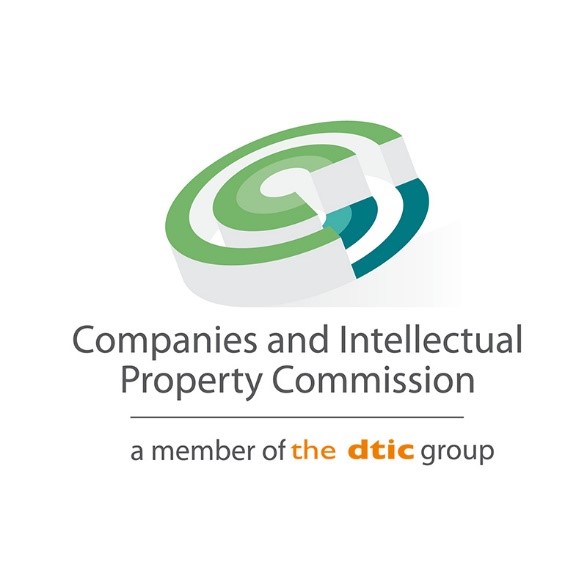Beneficial Ownership Reporting
Recently, in an effort to maintain transparency and to combat money laundering, South Africa has introduced a new beneficial ownership reporting requirement for trusts and companies. These changes have been made in response to the Financial Action Task Force (FATF) placing South Africa on its "grey list."
New Disclosure Requirements for Trusts
Effective 1 April 2023, trustees must lodge and keep up-to-date records of the beneficial ownership of the trusts. This includes information about direct/indirect individual beneficiaries of trusts, the founders, trustees, beneficiaries, and any individuals who exercise effective control of any trust. Failure to comply with these requirements may result in a penalty of up to R10 million and/or five years imprisonment, and additional sanctions by the Master of the High Court.
New Disclosure Requirements for Companies
As of 1 April 2023, companies in South Africa must establish and maintain records of beneficial ownership and interest of the persons who hold a beneficial interest of more than 5 % of its issued securities. All companies will now be required to report the beneficial ownership of companies together with their annual return with the Companies and Intellectual Property Commission (CIPC). The return must include a certified copy of the company's securities register and the details of the beneficial interest holder.
Trust Beneficial Ownership Reporting Requirements
Trustees' Obligations
Trustees are responsible for collecting and reporting up-to-date information on the beneficial ownership of trusts under s.11A of the Trust Property Control Act. They must keep and record the beneficial ownership of the trust in the prescribed manner. This information must also be submitted to the Master's Office and ensure that the reported information is kept up-to-date.
Companies Obligations
Companies are required to keep and maintain a register of persons who hold beneficial interests equal to or more than 5 % of its issued securities of that class. Companies must also file this information with the CIPC, and must ensure that this information is updated by filing notices with the CIPC within 10 business days after any changes in beneficial ownership have occurred.
Definition of Beneficial Owner
The Companies Act defines the term "Beneficial Owner" quite widely to mean in respect of a person who, directly or indirectly, ultimately owns that company or exercises effective control of that company, including through various means such as the holding of beneficial interests in the securities of that company, exercising or controlling the exercise of voting rights associated with securities of that company, and the ability to otherwise materially influence the management of that company.
The Companies and Intellectual Property Commission (CIPC) define "Beneficial Owner" as any natural person who holds 5% or more interest in a legal entity; or a person who exercises effective control of an entity. Beneficial interest, when used about a company's securities, means the right or entitlement through ownership, agreement, relationship, or otherwise.
There is a distinct difference between the Companies Act and CIPC definition which has created some misperception. We have pointed this out to the relevant authorities and we wait for their response.
The Trust Property Control Act defines 'beneficial ownership' to include the founders, trustees, named beneficiaries, and any individuals who exercise effective control of any trust.
Penalties for Non-Compliance with the Companies Act
The consequences for failure to comply with these requirements are not yet clear. However, Section 214(1)(b) of the Companies Act states it is an offense, if a person knowingly provides false or misleading information in any circumstance to the CIPC.
Conclusion
The recent introduction of beneficial ownership reporting requirements in South Africa is a crucial step toward fostering transparency and combating money laundering and terrorist financing. Trustees and companies must be diligent in fulfilling their obligations under the new legislation and ensure that they maintain accurate and up-to-date records of beneficial ownership. Failure to comply with these requirements can result in severe penalties and consequences. All involved parties need to stay informed about the latest developments in this area and seek professional advice if necessary to ensure compliance with the new beneficial ownership reporting requirements in South Africa.
For any assistance in the above matter, you can e-mail Mariska Chamberlain directly at mariskac@nolandsjhb.co.za or Julian Naderer at juliann@saprime.co.za

